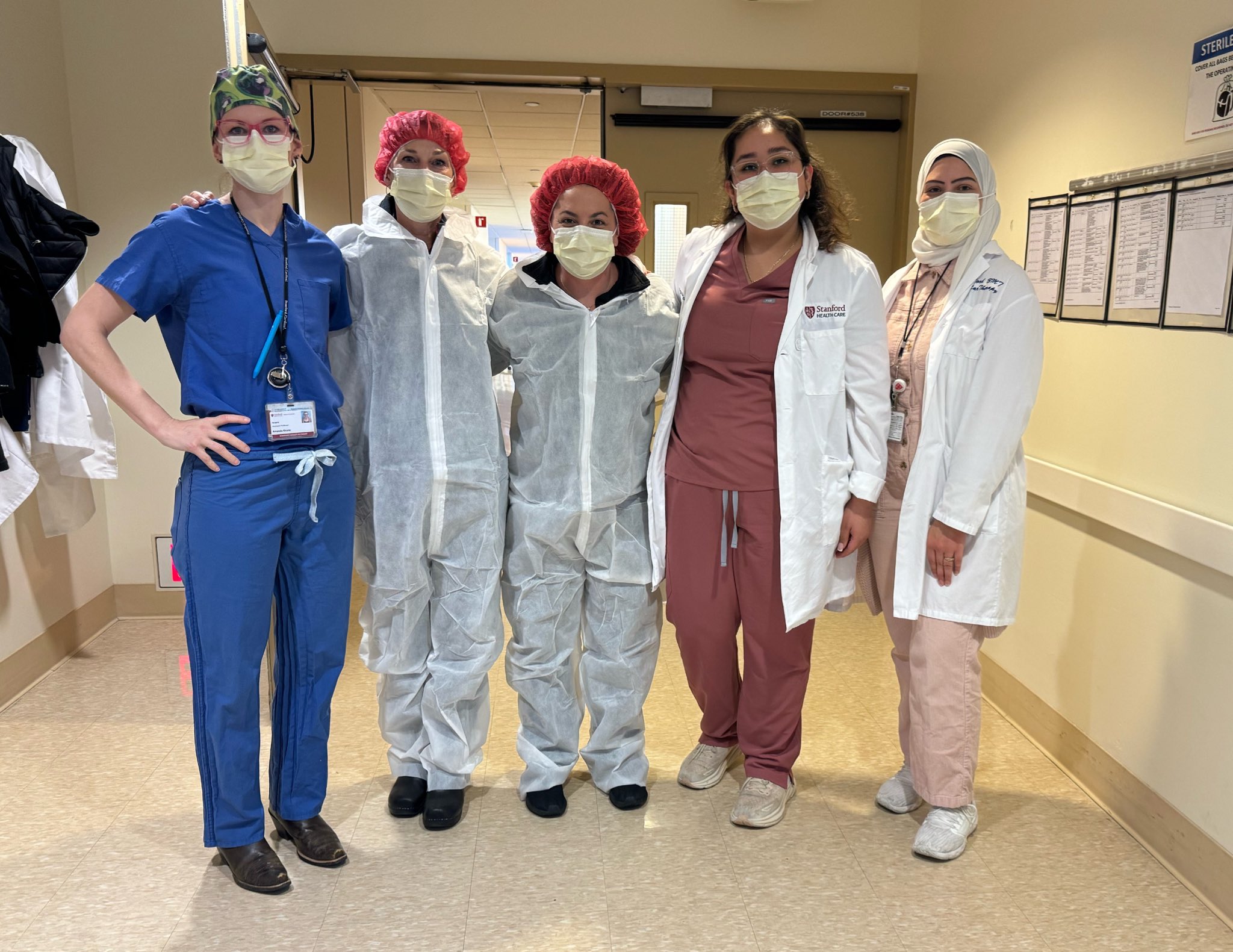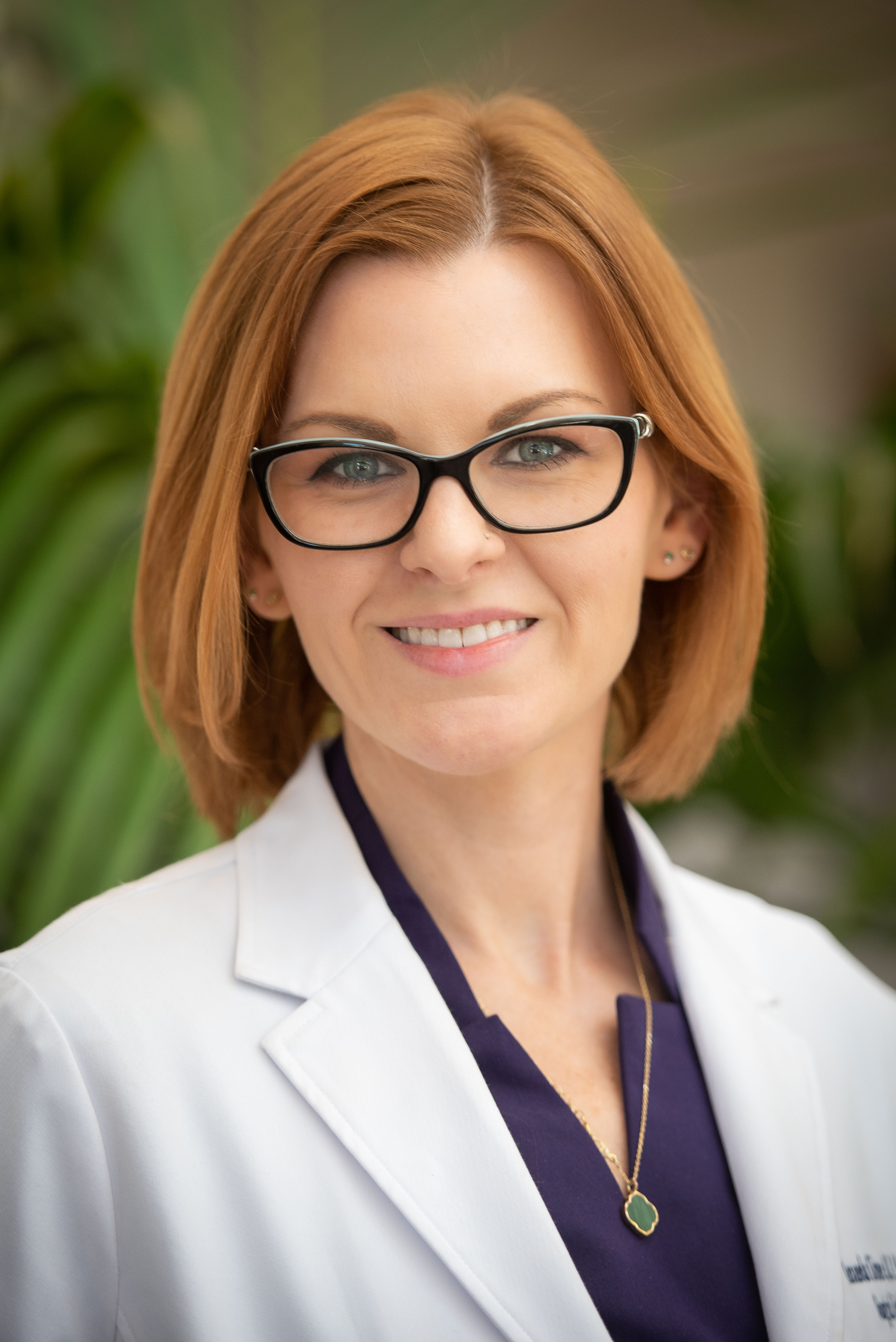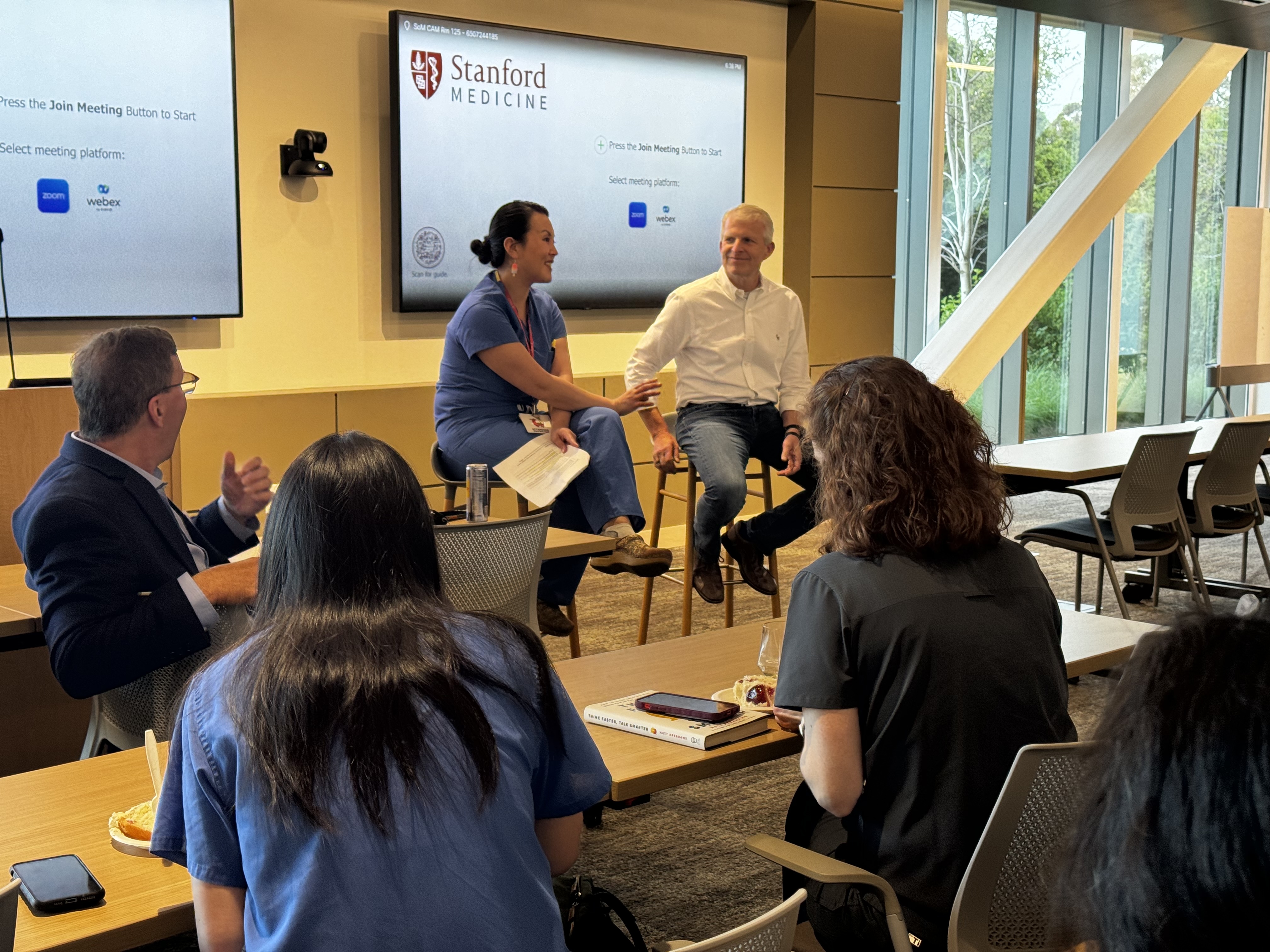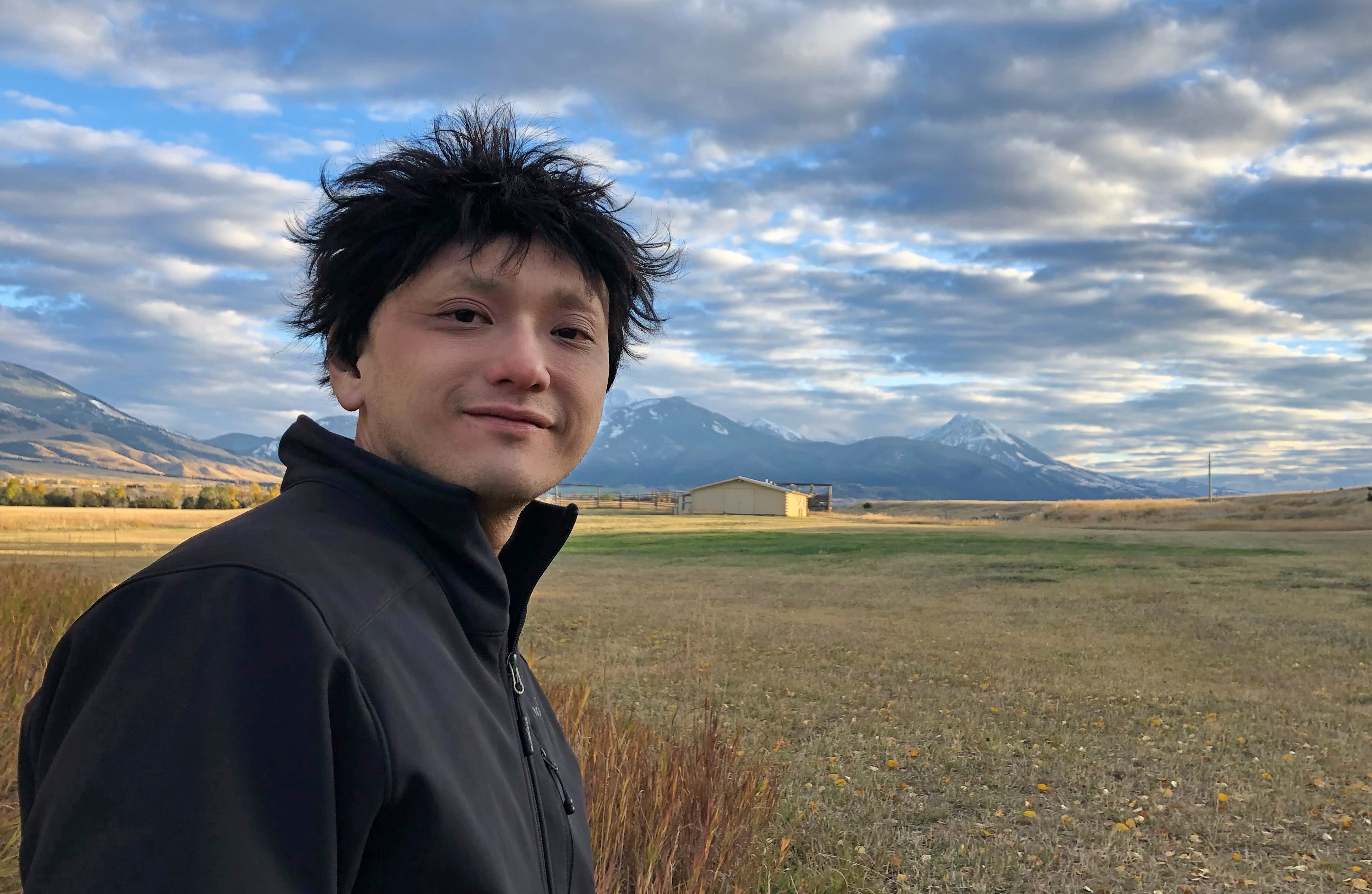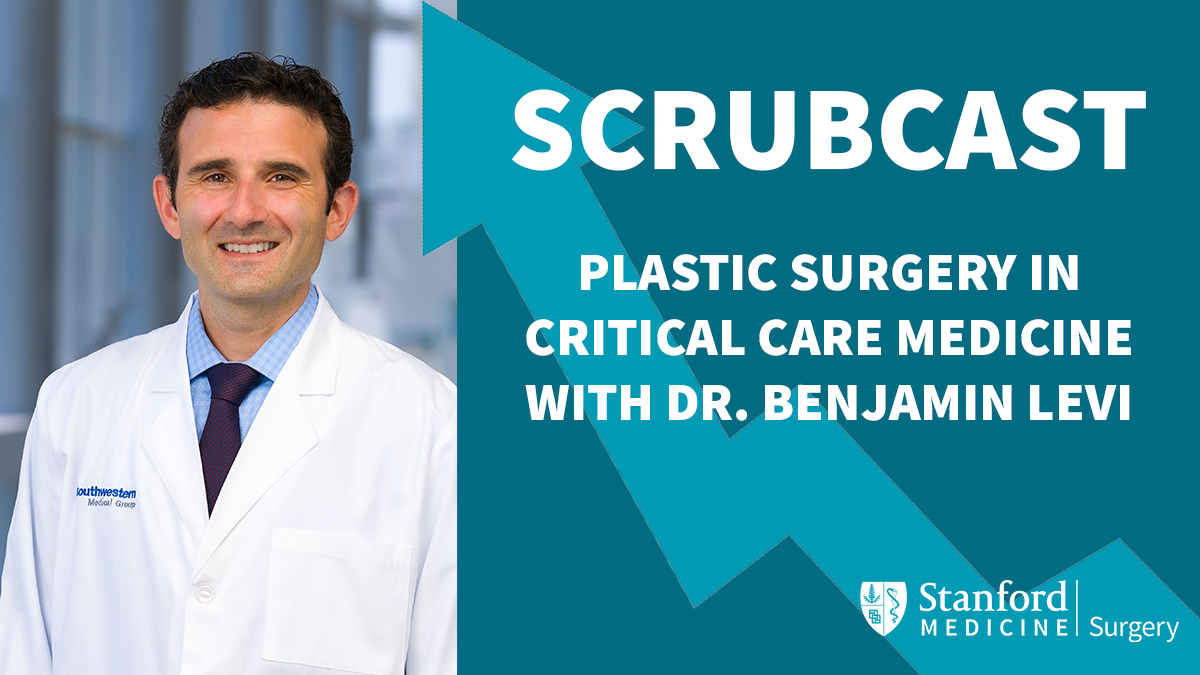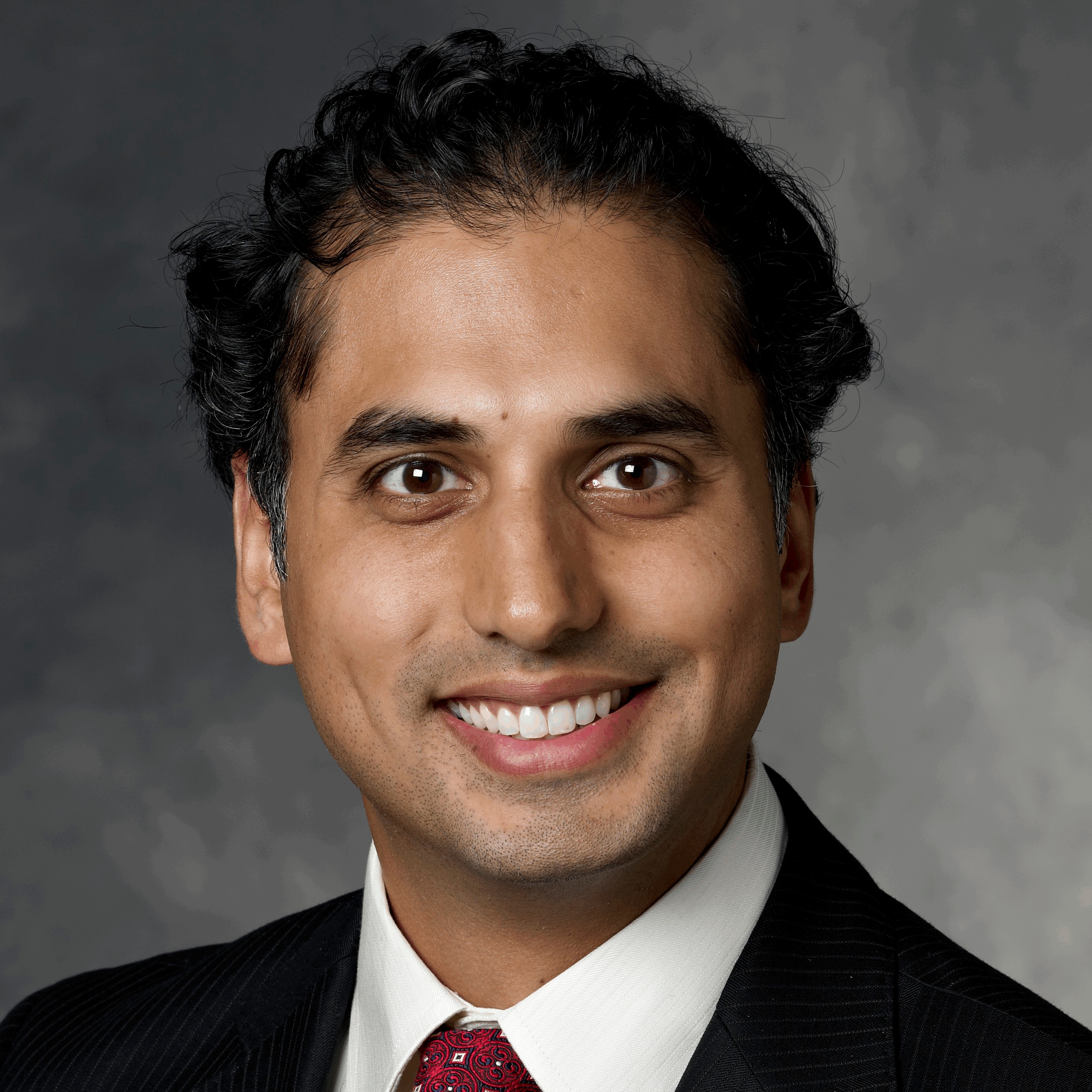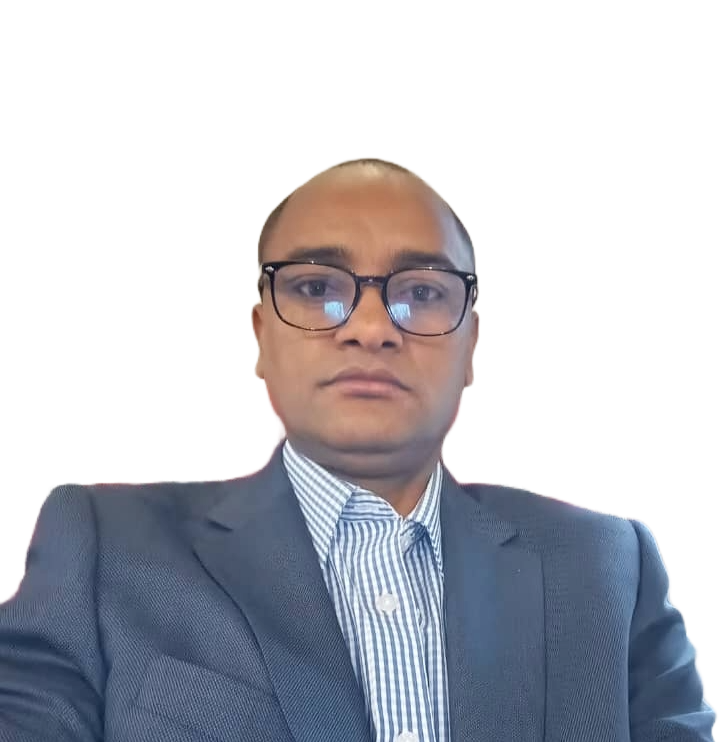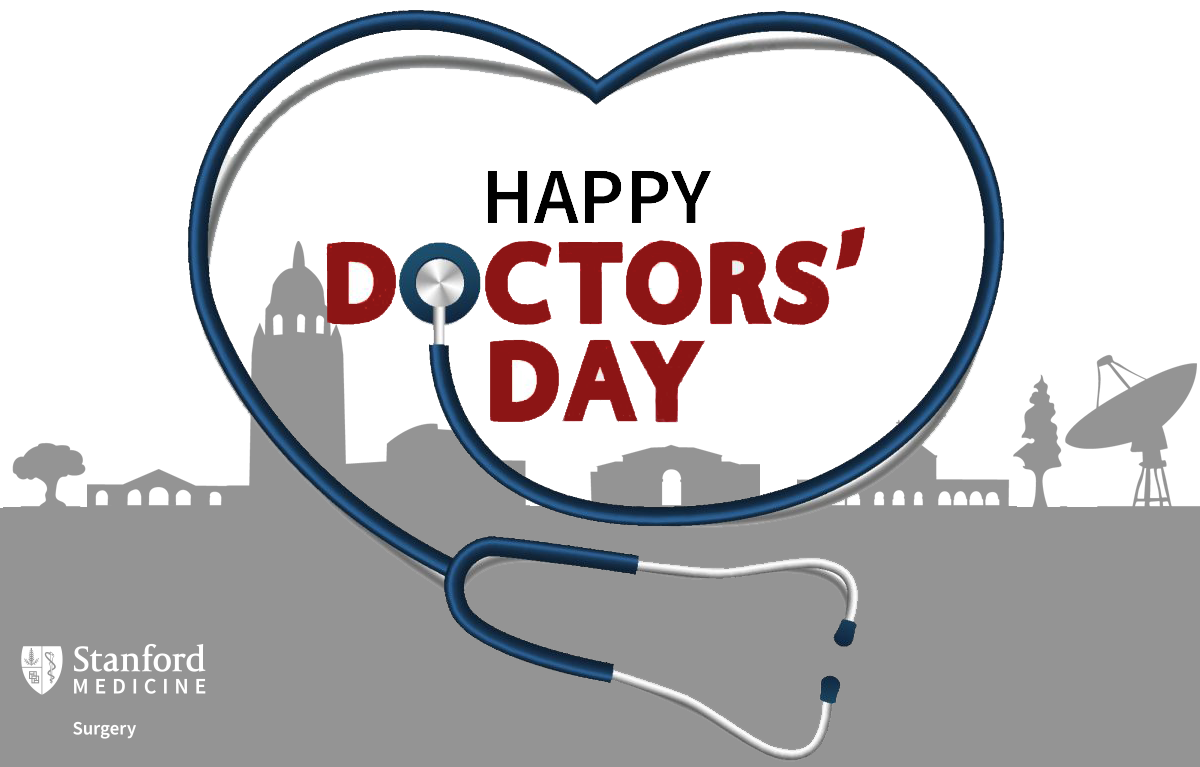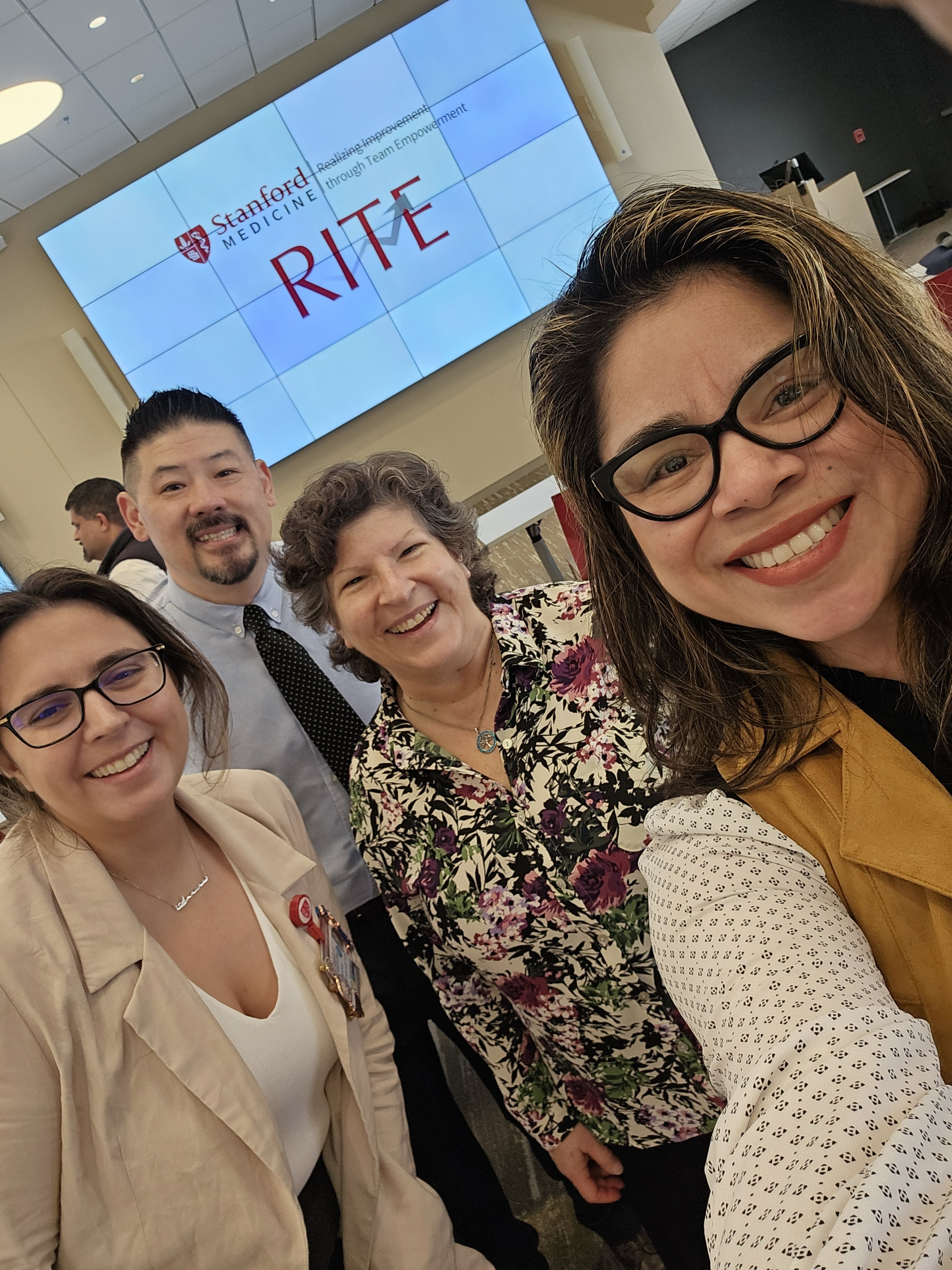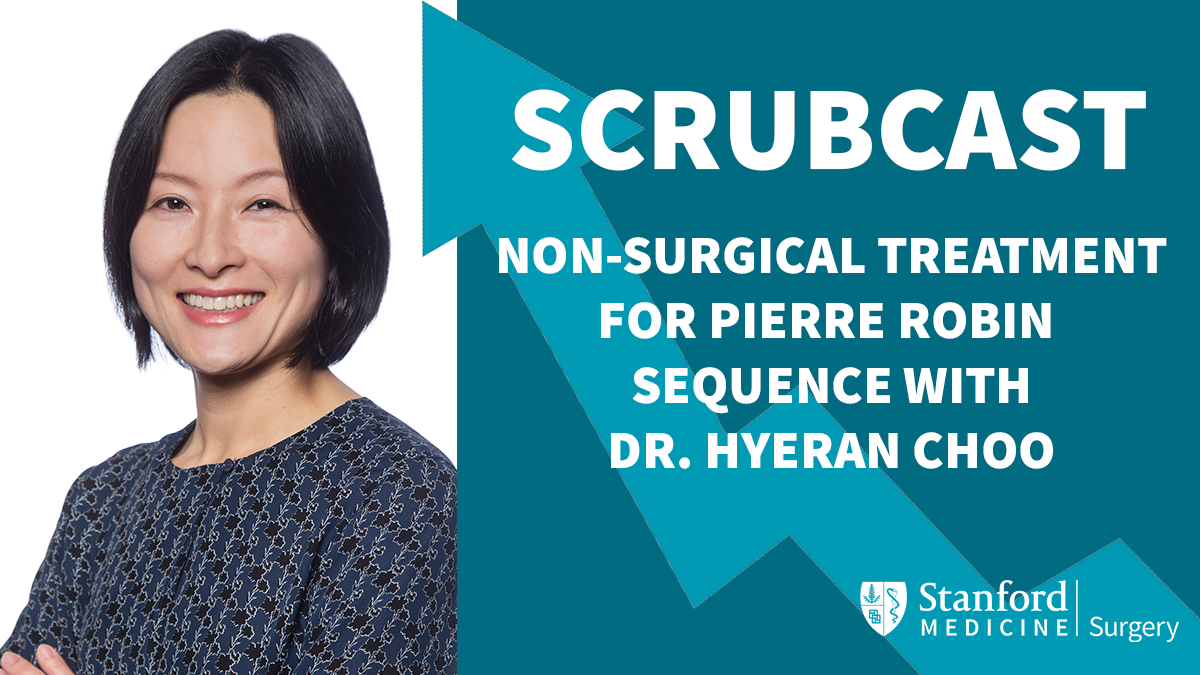Kirane et al Receive MRA Team Science Award
March 29, 2024
A team including Dr. Amanda Kirane has been awarded the Melanoma Research Alliance (MRA) Team Science Award for their translational therapy-predictive organoid model.
According to the MRA’s website, Team Science Awards “promote transformational melanoma research advances with the potential for rapid clinical translation” and “foster a collaborative research process.”
Kirane, an assitant professor in Stanford Department of Surgery, is Co-PI with Dr. Calvin Kuo, a professor of hematology. Dr. Allison Betof Warner, an assistant professor in oncology, rounds out the team as the Young Investigator.
“There is a pressing unmet need to predict treatment efficacy and identify alternative treatment regimens for patients whose tumors are resistant to standard immunotherapy approaches,” said Kirane. “We have developed a method to grow patient melanoma biopsies in incubators as miniature 3-dimensional aggregates of tumor cells--termed ‘organoids’-- that also preserve the cancer-fighting immune cells within. We have validated that this approach reflects patient responses, and we aim to test the ability to use this model prospectively.”
Kirane says they can also screen the organoid against alternative immunotherapies if the patient’s melanoma is resistant to a given treatment.
“Our long-term goal from this project is to use patient-derived organoids to guide treatment selection for individual patients to improve the safety and efficacy of melanoma treatment,” said Kirane.
Related News
- – Surgery
SHC Performs First FDA-Approved Cell Therapy for Melanoma
Stanford Health Care (SHC) performed the first FDA-approved cell therapy for solid tumor case in the country. AMTAGVI (lifileucel) was administered to a patient with metastatic melanoma on Tuesday, February 20, 2024.
- – Surgery
Dr. Kirane Accepted Into SSO Leadership Program
Dr. Amanda Kirane has been accepted into the inaugural class of the Society of Surgical Oncology (SSO) Career Catalyst Mentorship Program.
Media Contact
Bio
About Stanford Surgery
The Stanford University Department of Surgery is dedicated to inventing the future of surgical care through:
• pioneering cutting-edge research,
• developing the next generation of leaders, and
• healing through incomparable surgical skills and compassion.
To learn more, please visit surgery.stanford.edu
The Latest
- Surgery
Faculty PD Team Hosts First Networking Event
Drs. Pete Lorenz and Stephanie Chao, the vice chair and associate vice chair of professional development at Stanford Surgery, hosted a networking event with special guest Matt Abrahams.
- News Center
Chuck Chan, stem cell researcher who discovered how to regrow cartilage, dies at 48
The Stanford Medicine researcher was known for his groundbreaking work and his generous spirit as a mentor and colleague.
- Surgery
The Role of Plastic Surgery in Critical Care Medicine with Dr. Benjamin Levi
This episode of Scrubcast features Dr. Benjamin Levi, Chief of Burn, Trauma, Acute, and Critical Care Surgery at UT Southwestern and our honored guest at the 2024 Emile F. Holman Lecture.
- Surgery
Dr. Khosla Promoted to Professor
Dr. Rohit Khosla has been promoted to the rank of Clinical Professor in Surgery. The promotion is effective May 1, 2024.
- Global Health
Meet Dr. Derbew Fikadu Berhe, University of Global Health Equity researcher, educator, and pharmacologist - Global Health
Dr. Berhe will be at Stanford April 23-27 for a mixed methods research training and hopes to connect with colleagues in global health research, pharmacology, and noncommunicable diseases. His trip is sponsored by Stanford Surgery's Office of Global Engagement.
- Surgery
Surgery Expands National Doctor Day to a Month-long Celebration
Although National Doctor’s Day officially took place on March 30, Stanford Surgery celebrated department faculty all month-long with a series of events.
- Healthier, Happy Lives Blog
How a Social Media Post Led a Teen to Find a ‘Kidney Buddy’ for Life
Jaxon was diagnosed with nephronophthisis, a genetic disorder of the kidneys. Children who have this disease need a kidney transplant by the time they’re teenagers, as it eventually leads to kidney failure.
- Healthier, Happy Lives Blog
New Liver Gives a Toddler a Renewed Chance at Life
“Ocean was in dire need of a liver transplant,” says Carlos Esquivel, MD, pediatric transplant surgeon. “He was very ill and running out of time to wait for a compatible pediatric donor. We rarely get a pediatric donor. We had an offer for him from an adult donor that was his only chance for survival. We were able to use a small segment of the donated liver to save his life.”
- Surgery
Team Reduces Reimbursement Rejections by A Third
A team comprised of Linda Thomas, Co-Lead Carmen LoCascio as well as Robin Cohen, Amos Lam, Kevin Lee, Ana Mezynski, and Jackie Stahl participated in SHC's RITE (Realizing Improvement through Team Empowerment) Program and successfully reduced reimbursement rejections from 25 to 17%.
- Surgery
Non-Surgical Treatment for Pierre Robin Sequence with Dr. HyeRan Choo
In this episode of Scrubcast, host Rachel Baker interviews Dr. HyeRan Choo, a clinical associate professor in the Division of Plastic and Reconstructive Surgery. Dr. Choo is doing innovative work treating Pierre Robin Sequence—a rare congenital condition—using a non-surgical method.
